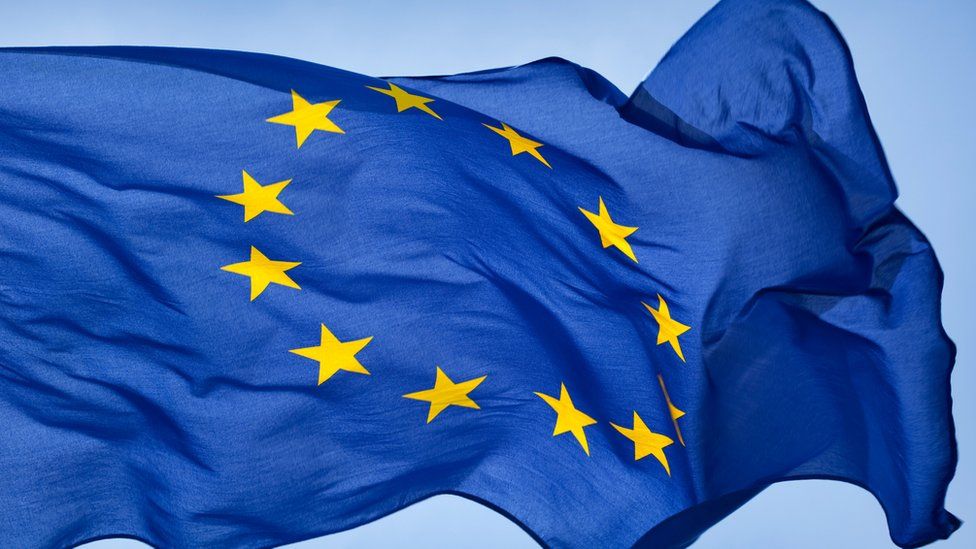The EU is now focusing on the metaverse sector after partially covering the lack of regulation in the crypto field with MiCA. Although not as popular as it was at the end of 2021, the metaverse narrative is still in demand. Most importantly, most of the big projects in this field are connected with blockchain and crypto.
EU and Metaverse
The EU administration, which says that virtual worlds could be worth 800 billion euros ($880 billion) globally by 2030, will likely try to keep Europe competitive, presumably based on blockchain and cryptocurrency. An official from the Commission mentioned the following regarding a new virtual worlds partnership to be established under the Horizon Europe, the Commission’s science funding program;
“You might think that an amount of around 200 million euros could be used.”

The EU may also make investments in this field through regional funds. Political interest is high. In March, the leaders of the EU’s 27 member countries included “Web 4.0”, artificial intelligence (AI), quantum computing, and 6G internet networks in the list of technologies needed by the bloc to stay competitive.
Metaverse Regulation
The Commission is not proposing new laws and uses vague expressions about the financing of this area, which it sees as the new generation of the internet, but politicians want the bloc to benefit as best as possible from a technology they see as economically and ethically important. According to EU legislator Axel Voss, the metaverse brings a series of legal issues, including giving avatars their own legal statuses, protecting copyrights and patents, and dealing with virtual crimes.
While the EU is now evaluating opportunities in this area, it has to prepare for issues it struggled with even in Web2.0. Many topics, including training digital police for the metaverse, are being discussed in Asia. Similar steps are likely to be taken by the European Union. The growth of the Metaverse, which is indirectly connected to cryptocurrencies, can make the crypto investor smile. The Metaverse, which is impossible to separate from NFTs, will also strengthen its connection with cryptocurrencies through this channel. Meta conducted NFT trials on the platform for a long time until it recently suspended its support.
On the other hand, the idea of creating real, appealing metaverse environments without seeing a major advancement in the field of augmented reality seems overly optimistic.









